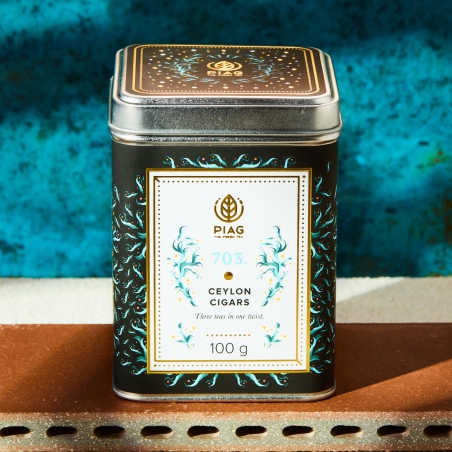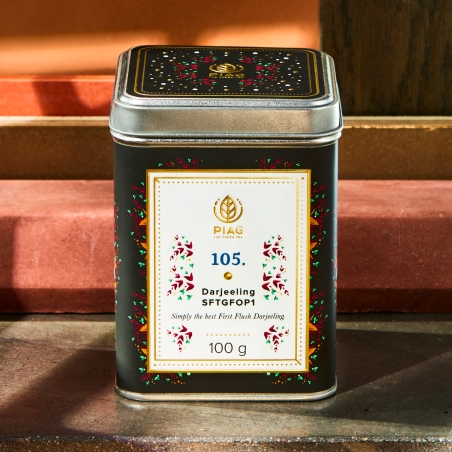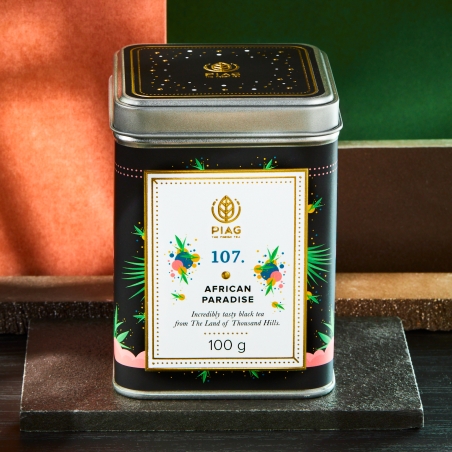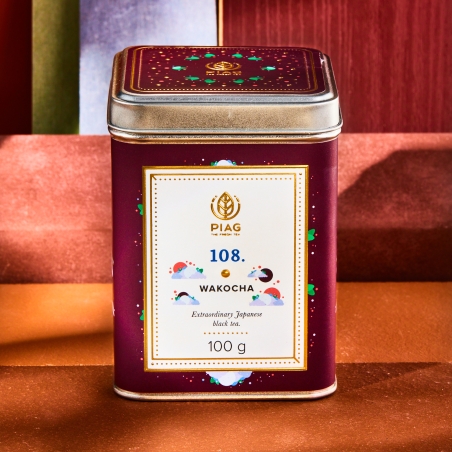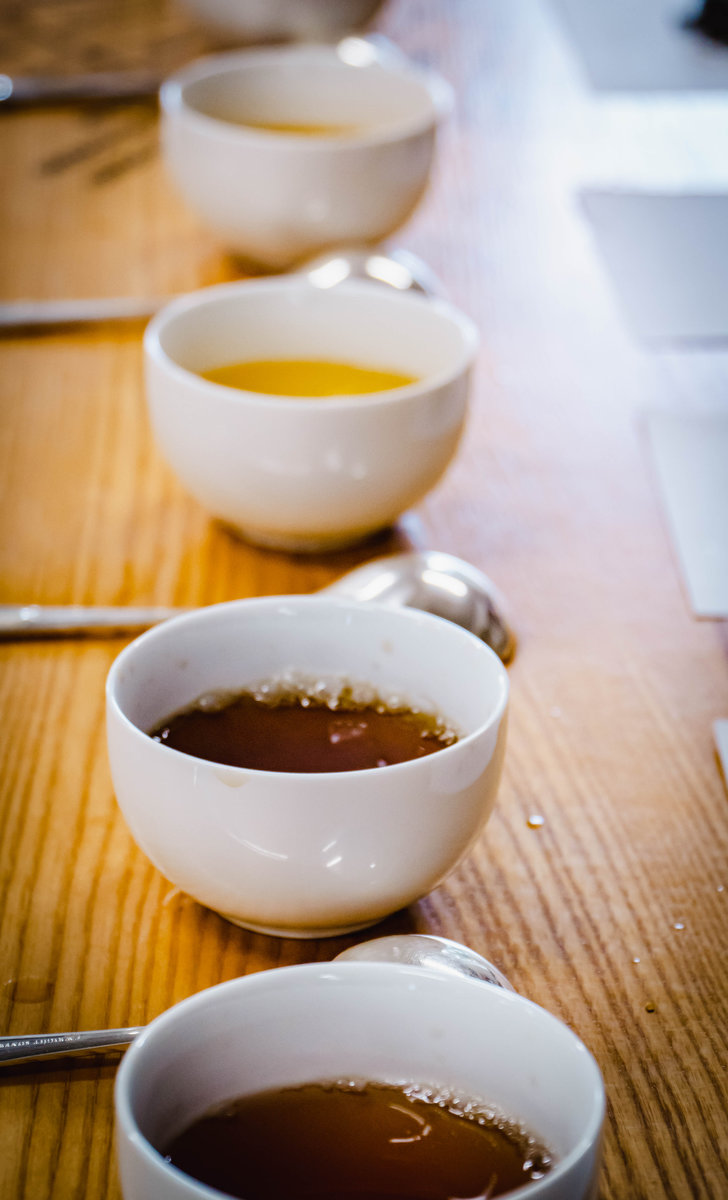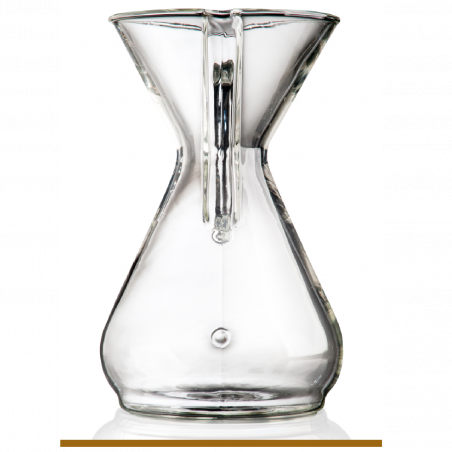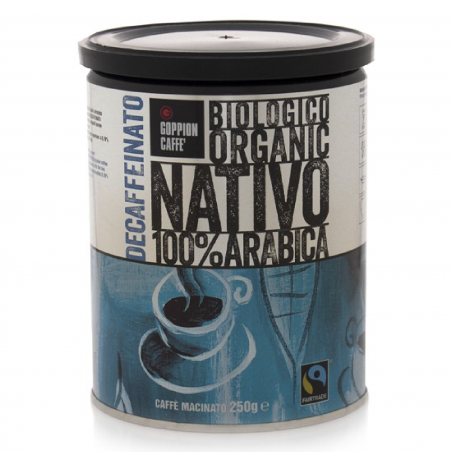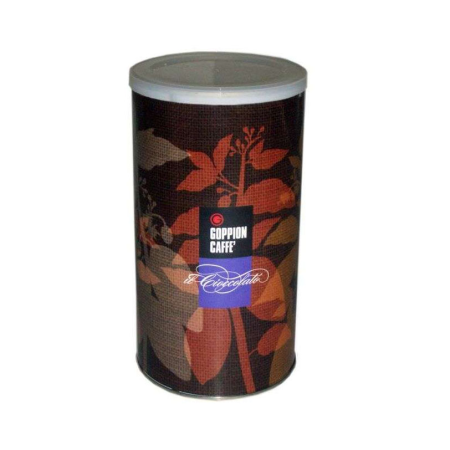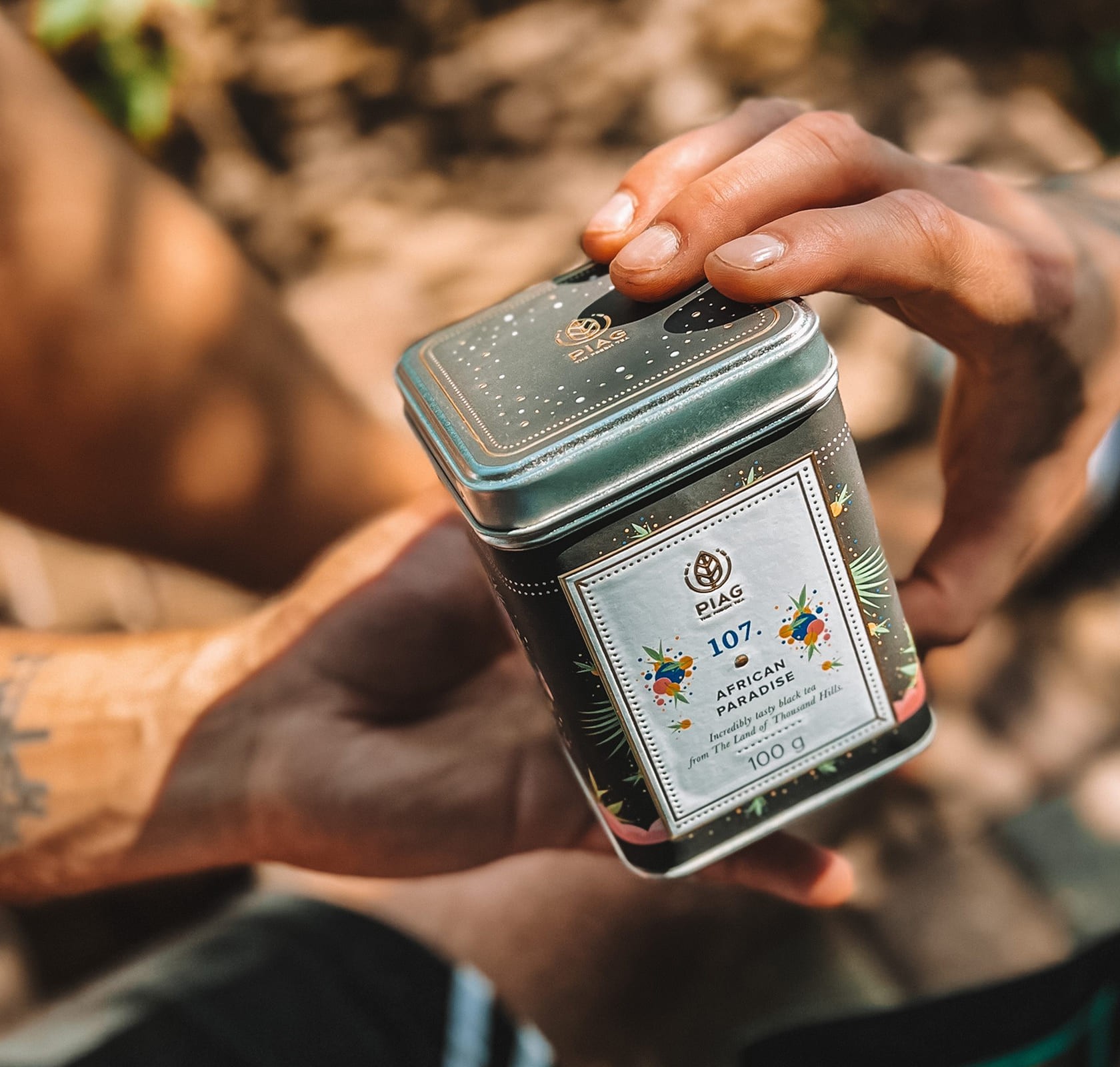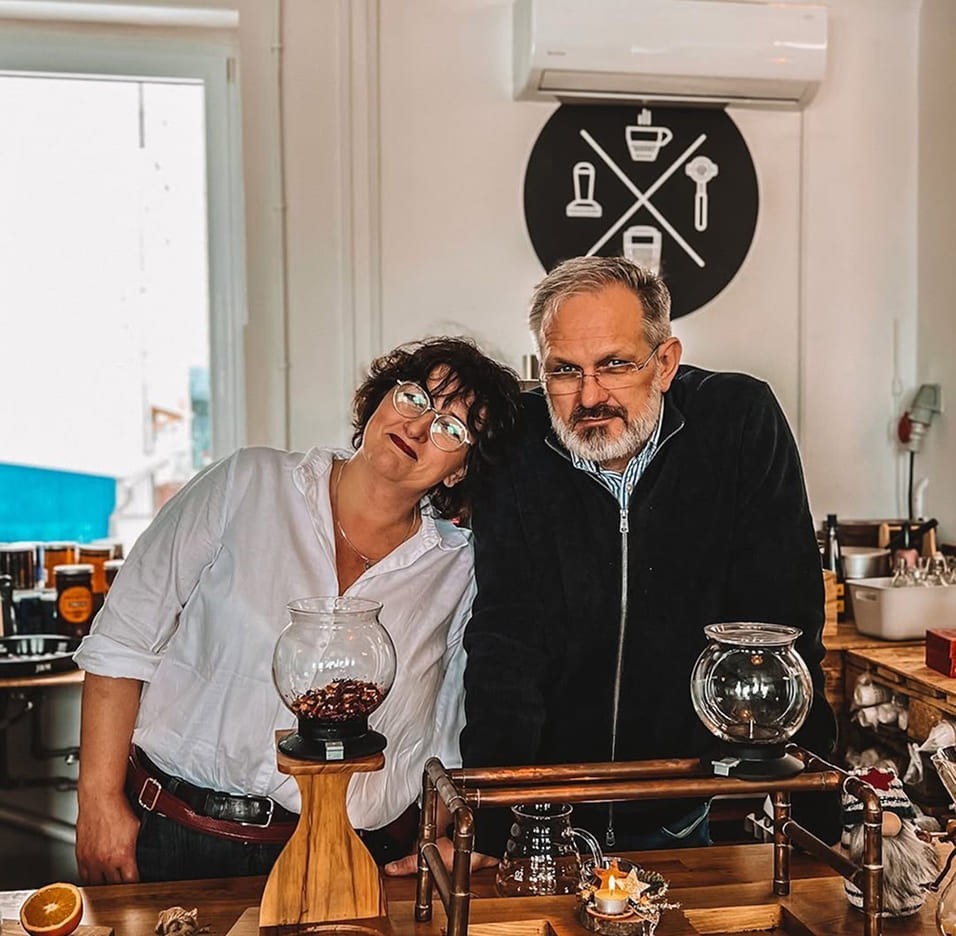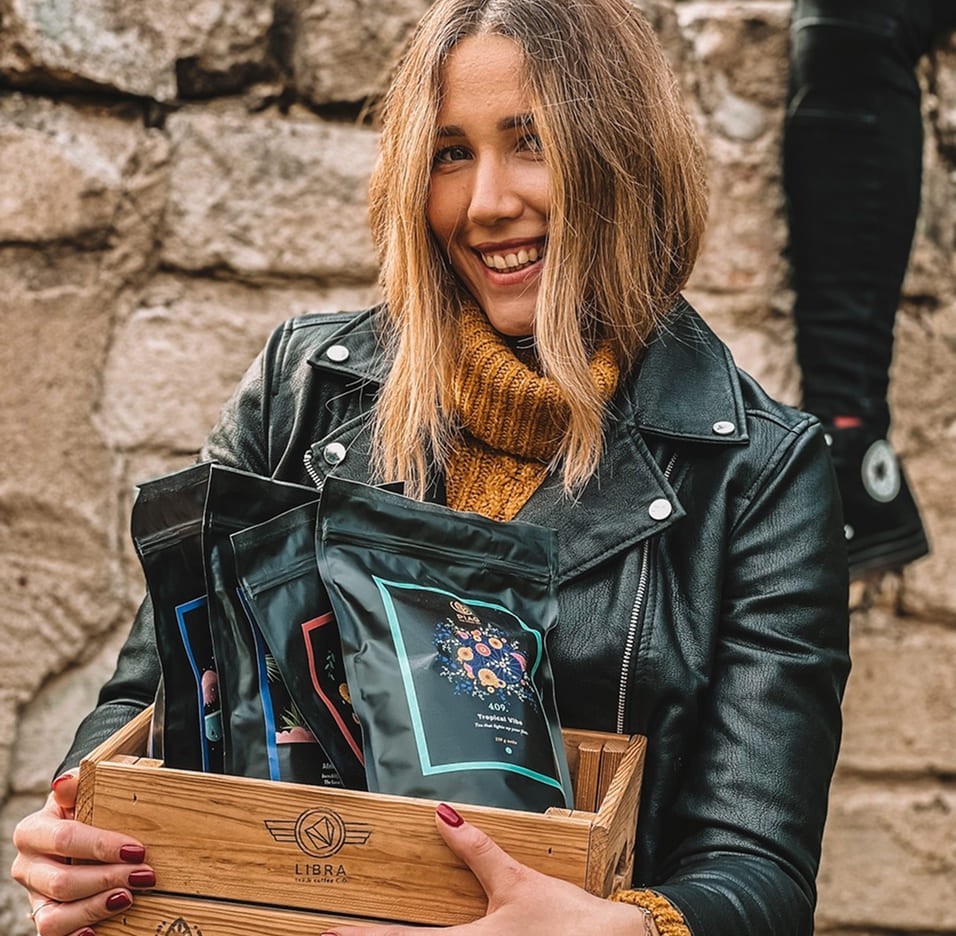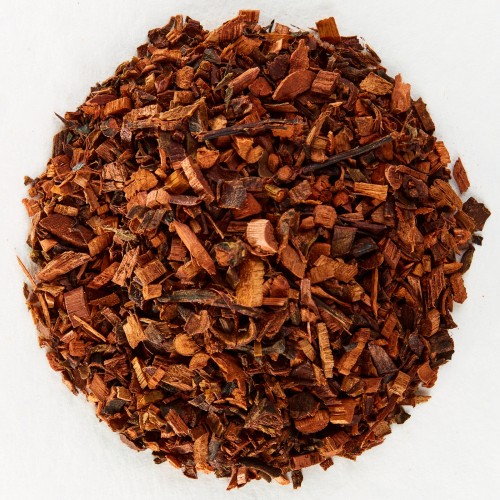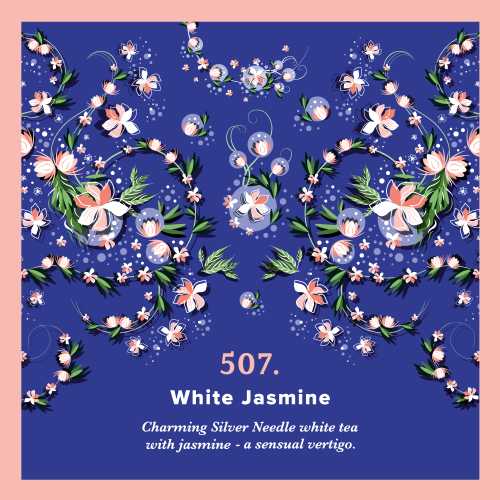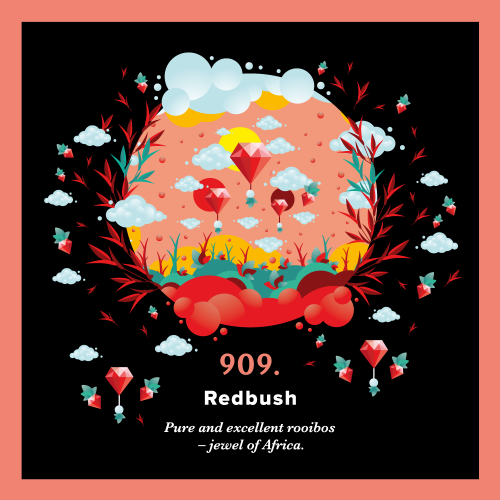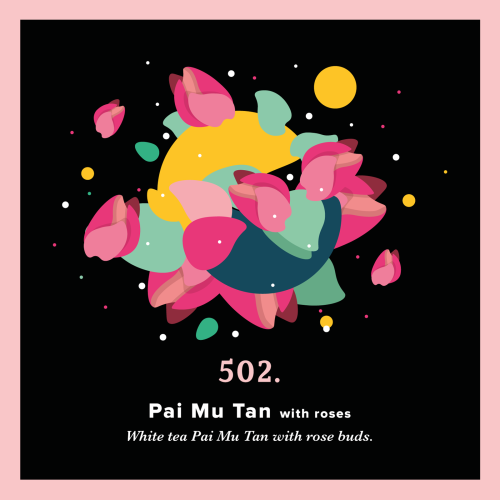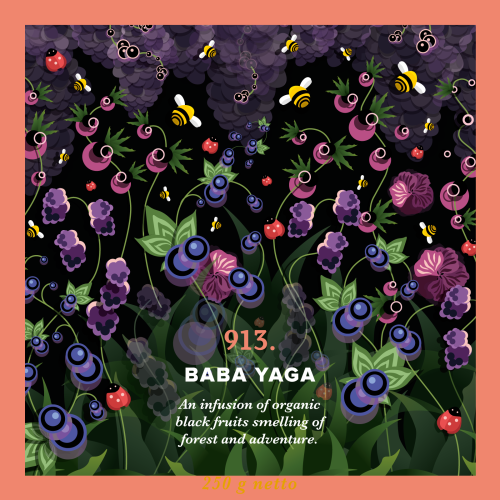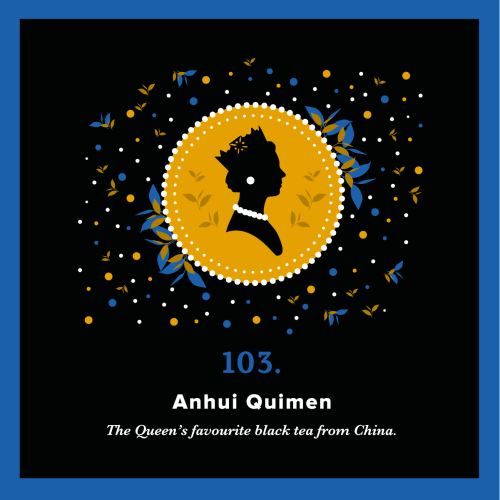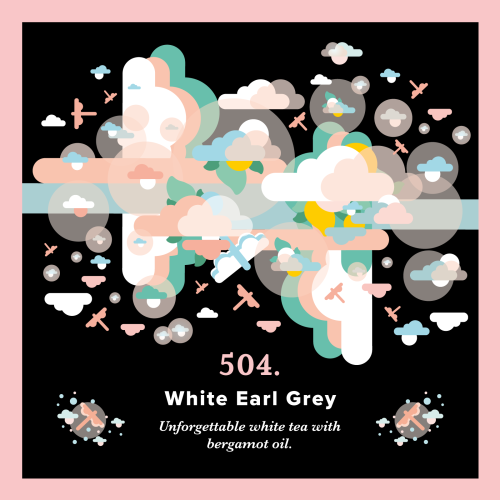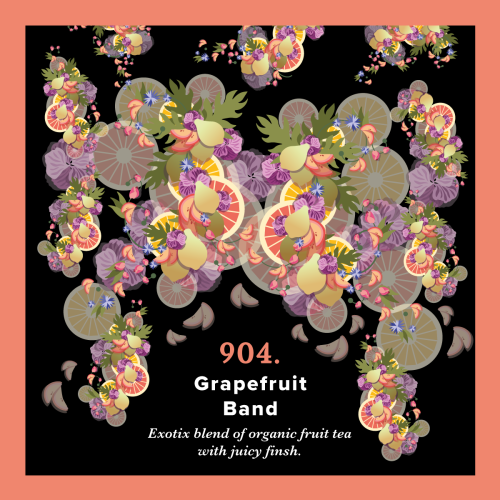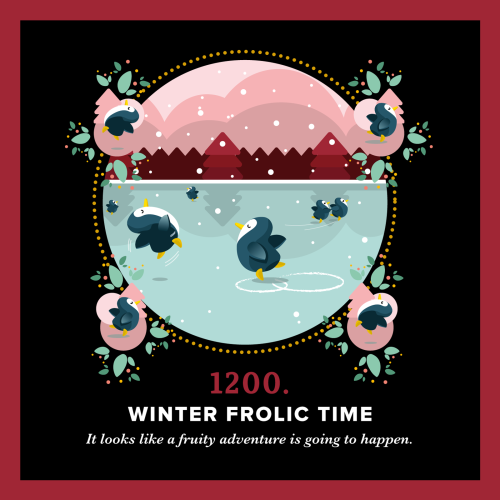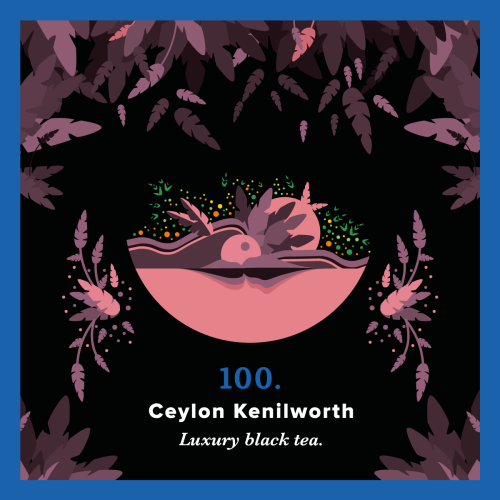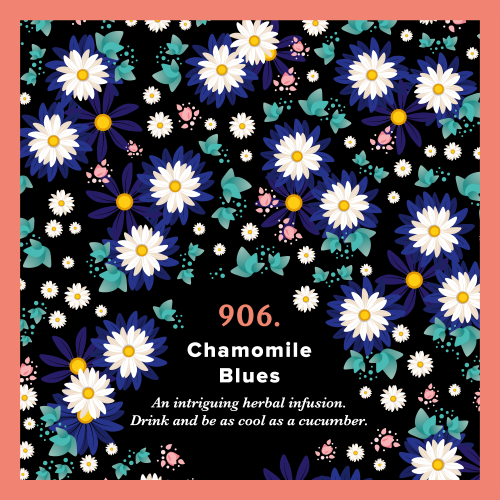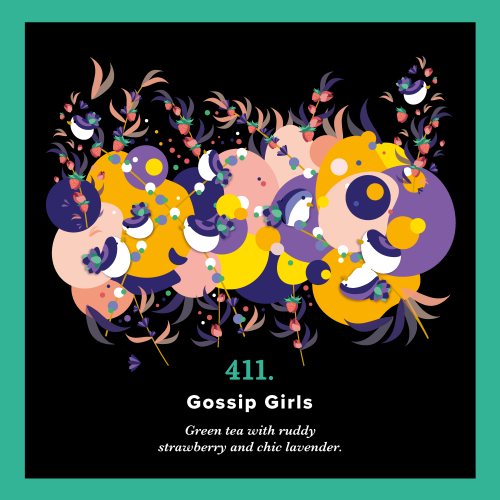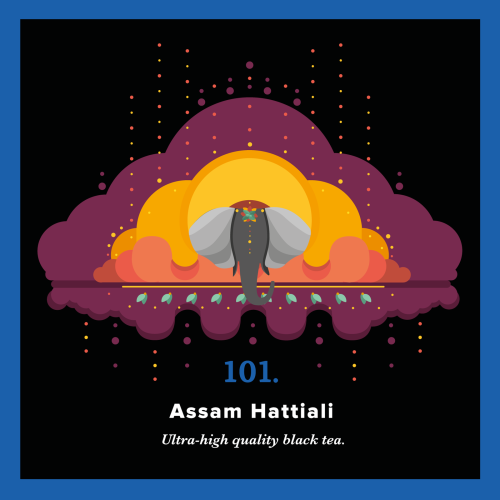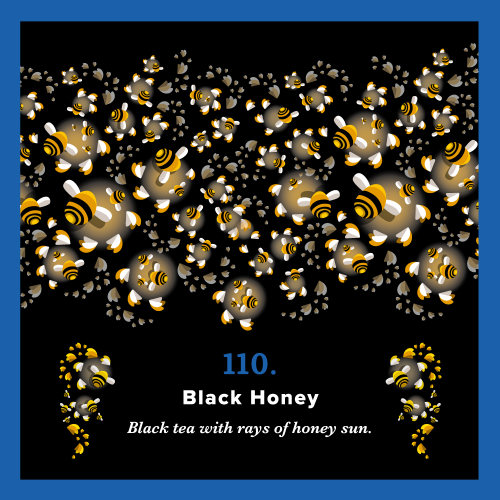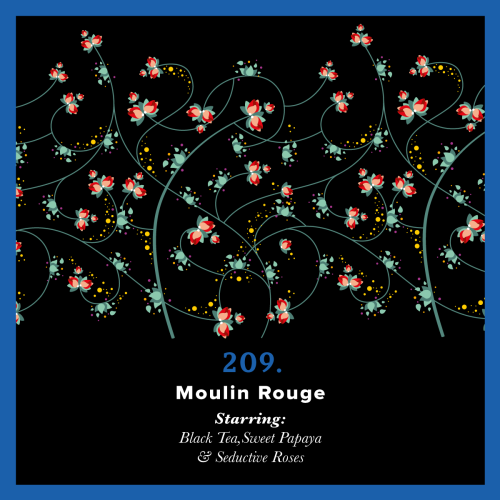-
Shop
-
-
-
-
Our top picksCanister (Loose Leaf Tea) 100g net147.97 złCanister (Loose Leaf Tea) 100g net88.62 złCanister (Loose Leaf Tea) 100g net44.72 złCanister (Loose Leaf Tea) 100g net96.75 zł
-
-
-
-
-
-
-
-
Our top picks210.57 złOut of stock32.51 złOut of stock38.21 zł
-
-
-
-
-
HistoryGoppion Caffe is a company founded in 1859 by Luigi Goppion, who, as a young boy, dreamed of opening his own roastery after smelling freshly roasted coffee beans for the first time. The story of Goppion Caffe began with a café established in the market square of a small town near Treviso, close to Venice. Inspired by their grandfather's passion, his grandchildren continued his work and even started opening cafés in other countries. Discover
-
-
-
-
-
Our top picksCanister (Loose Leaf Tea) 250g net47.15 złBag 1kg 1000g net182.11 zł1000g net98.37 zł
-
-
-
-
-
Gift vouchersIt’s wonderful to receive a gift, but even more delightful to give one. But what to choose? Here lies the question! A gift voucher is the perfect solution. Give a gift
-
-
-
-
-
Our top picksCanister (Loose Leaf Tea) 250g net47.15 złBag 1kg 1000g net182.11 zł1000g net98.37 złCanister (Loose Leaf Tea) 100g net147.97 zł
-
-
-
-
Discover Piag Tea
-
-
-
PIAG The Fresh Tea – BeauTEAful Polish BrandThis is the fulfillment of our dream: an exceptional Polish tea brand that satisfies the thirst for pleasure.
"In life, you can change what you do, but you can never change what you desire."
We are a pair of tea enthusiasts, living together for over twenty years in a dynamic harmony – Agnieszka Filipkowska and Piotr Korzeniowski. Meet us
-
-
-
-
-
-
-
CollaborationWe offer Piag teas to everyone who expects the highest quality. We collaborate with hotels, restaurants, cafés, delicatessens, and retail stores, as well as with bartenders, sommeliers, and chefs seeking inspiration. This is how unexpected recipes for exquisite dishes and beverages featuring Piag teas come to life.
Be sure to get in touch! We would love to learn about your business and share the story of our teas. Together, we will discover the best way to collaborate.
Piag Tea satisfies the thirst for pleasure. See details
-
-
-
-
-
-
-
Loyalty programIt may sound incredible, but it works… Simply log in, and the rest flows smoothly – that is our intention. Shopping in our store and recommending us to friends is rewarded with discounts, special offers, and free gifts. Don’t hesitate to take advantage! See details
-
-
-
-
-
-
-
Career"No one knows the paths of the stars,
Yet someone among us is chosen…"
And perhaps, that says it all. Join us
-
-
-
-
-
- Blog
- Contact
910. Honeybush Piag Tea
Honeybush (cyclopia intermedia) – an African bush that fell in love with the sweet taste of freedom.
Honeybush ( Cyclopia Intermedia) - sweet savage, who is a cousin of rooibos, has resisted commercial cultivation and only grows naturally in a very small area of the South African coast. Its seeds need the help of ants or birds to germinate. It gives an infusion with a honey-floral flavor with wood undertones. Contains antioxidants and minerals. It does not contain caffeine and tannins. You can brew for a long time - honeybush likes it and smells wonderful at home.
Freedom, love and blue skies who needs more to live?
0.41 zł/g
honeybush leaves.
More about the product
Honeybush
An African shrub — the honey bush that fell in love with the sweet taste of freedom.
This sweet wild cousin of rooibos has resisted commercial cultivation and grows naturally only in a small coastal area of South Africa.
Its seeds need the help of ants or birds to germinate. The infusion it yields has a honey–floral flavor with subtle woody undertones. It’s rich in antioxidants and minerals, and completely free from caffeine and tannins. You can steep it for a long time — Honeybush loves that — and it fills your home with a beautiful aroma.
Freedom, love, and blue skies… what more does one need in life?
Instructions: Pour freshly boiled water (approx. 100°C) over the tea and steep for 5 minutes.
Remember: your tea will only be as good as the water you use to brew it.
Honeybush – Drink to Your Health!
Ingredients: leaves of the honey bush
Taste: Honeybush has a naturally sweet and — as the name suggests — honey-like flavor and aroma.
Wellness: Honeybush is packed with antioxidants that protect the body’s cells from damage and aging. It also contains essential minerals such as potassium, calcium, magnesium, iron, zinc, and copper — all vital for maintaining good health. It helps lower blood pressure, cholesterol, and blood sugar levels. It also supports digestion and has diuretic and cleansing effects. Honeybush has anti-inflammatory, antibacterial, and anti-allergic properties. Additionally, it helps relieve menopause symptoms and improves the condition of skin, hair, and nails, giving them a healthy glow and elasticity.
Packaging: Honeybush Piag Tea is packed in an elegant tin that will beautify any kitchen.
The wonderful design was created by illustrator and designer Katarzyna Korzeniowska.
Each tin is carefully labeled and packed by hand.
Everything we do – we do with love.
Honeybush – Tea from the Cradle of the World
The Khoisan people — whom we can consider the true discoverers of honeybush infusion — are regarded as the oldest people on Earth. Archaeological and genetic studies show that the Khoisan are one of the most ancient human populations. To this day, they preserve many of their primal instincts, such as hunting. Members of the tribe can run for hours after a wounded animal until it collapses from exhaustion. They also speak a unique language — each syllable is preceded by a click or a distinct smack of the tongue.
We’re convinced that the incredible endurance they show during these long hunts under the scorching African sun is thanks to drinking Honeybush!
And why all the clicking and smacking sounds when they speak? Well, that’s easy — they just can’t stop thinking about the delicious taste of Honeybush tea!
Immerse yourself in prehistory. Feel the taste of Africa — the cradle of humankind.
If you like to know more – some facts for connoisseurs:
Honeybush is a traditional drink of the Khoisan people, who used it as a natural remedy for many ailments. In the 17th century, Dutch settlers began drinking honeybush as an alternative to the expensive tea imported from Asia. By the 19th century, it had become popular among British colonists, who often enjoyed it with milk and sugar. In the 20th century, honeybush gained global recognition as a tea of exceptional quality and flavor — and above all, for its numerous health benefits.
If you like tea stories:
The Sweet Nectar of the Mountains – The Story of Honeybush Tea
In the quiet valleys of the Cape Mountains, where the sun gently caresses rocky hillsides and the wind whispers ancient tales, stretch the golden fields of Honeybush. This shrub, with its delicate leaves and sun-kissed blossoms, has for centuries offered the Khoisan people its sweet, healing nectar.
According to legend, Honeybush sprang from the tears of the Sun Goddess, who took pity on humanity suffering from disease and thirst. From its leaves, the people brewed an amber-colored tea with a sweet, honeyed taste — one that quenched thirst, soothed illness, and restored vitality.
A young girl named Nala, known for her kindness and care for others, learned the secrets of Honeybush from her grandmother. She mastered the art of identifying its varieties, gathering the leaves under the moonlight, and brewing a tea that eased pain, cured colds, and lifted weary spirits. Nala became the guardian of Honeybush and its healing power.
Word of the miraculous tea from the Cape Mountains spread throughout Africa. Merchants and travelers came to the Khoisan tribe to taste the sweet nectar and benefit from its restorative properties. The fame of Honeybush reached Europe as well, sparking the curiosity of botanists and herbalists.
In the 19th century, British botanist John Medley Wood, during an expedition to South Africa, met the Khoisan people and discovered the secret of Honeybush. Enchanted by its flavor and healing power, he documented the plant and initiated its cultivation on plantations. Under the name Honeybush Tea, it quickly gained popularity, becoming a symbol of health and the exotic beauty of Africa.
Today, Honeybush is known and cherished all around the world. Grown on eco-friendly plantations in the Cape Mountains, with deep respect for the ancient rituals of the Khoisan, it preserves its precious natural qualities.
Honeybush is not just tea — it is a story of the power of nature, the wisdom of ancient cultures, and the enduring strength of legend.
Try Honeybush and taste the sweet nectar of the mountains!
Author: “the sailing bunny”
Temp. 100C
Weight: 20-25g / 1l
Time: min. 5 minutes
Add first review
Your review appreciation cannot be sent
Report comment
Report sent
Your report cannot be sent
Write your review
Review sent
Your review cannot be sent
Our products
You might also like
507. White Jasmine Piag Tea
An enchanting Silver Needle white tea with jasmine – pure sensual delight.
905. Power Supplier Piag Tea
An energizing herbal infusion with ginger—perfect not only for superheroes!
911. Funky Guy Piag Tea
A cheerful infusion of sea buckthorn and playfully dancing orange.
904. Grapefruit Band Piag Tea
A tangy, fruity infusion of grapefruit, apple, papaya, pineapple, orange, and hibiscus.
1200. Winter Frolic Time Piag Tea
A heartwarming blend of fruits and aromatic spices.
906. Chamomile Blues Piag Tea
An enchanting blend of golden sun-kissed chamomile and magical botanicals.
411. Gossip Girls Piag Tea
Green tea with blushing strawberries and chic lavender.
209. Moulin Rouge Piag Tea
A spectacular blend of black tea, sweet papaya, and enchanting rose.
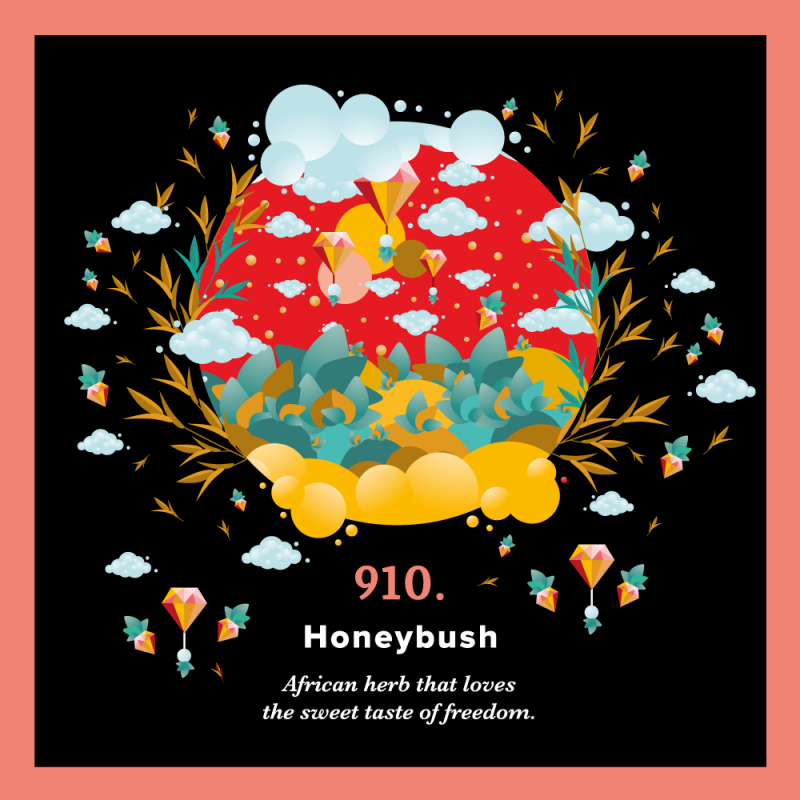
Honeybush (cyclopia intermedia) – an African bush that fell in love with the sweet taste of freedom.
Honeybush ( Cyclopia Intermedia) - sweet savage, who is a cousin of rooibos, has resisted commercial cultivation and only grows naturally in a very small area of the South African coast. Its seeds need the help of ants or birds to germinate. It gives an infusion with a honey-floral flavor with wood undertones. Contains antioxidants and minerals. It does not contain caffeine and tannins. You can brew for a long time - honeybush likes it and smells wonderful at home.
Freedom, love and blue skies who needs more to live?
check_circle
check_circle
